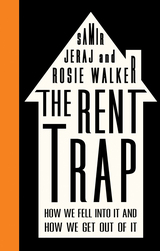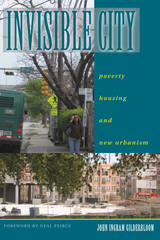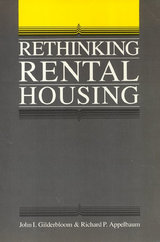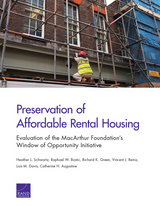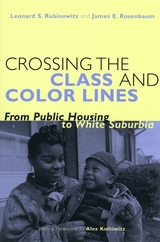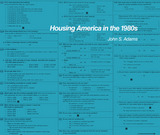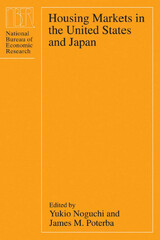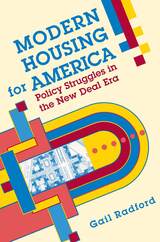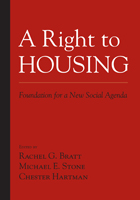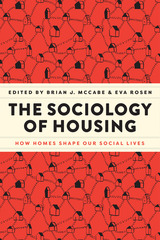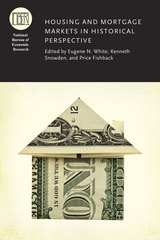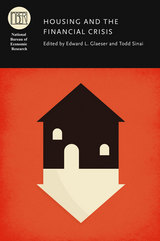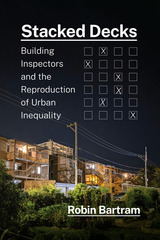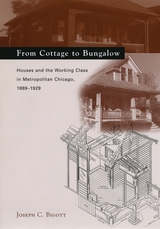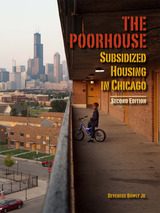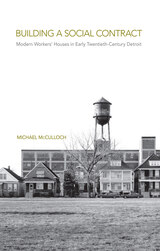Housing Markets in the United States and Japan
University of Chicago Press, 1994
Cloth: 978-0-226-59015-8 | eISBN: 978-0-226-59020-2
Library of Congress Classification HD7293.H68 1994
Dewey Decimal Classification 381.4569080952
Cloth: 978-0-226-59015-8 | eISBN: 978-0-226-59020-2
Library of Congress Classification HD7293.H68 1994
Dewey Decimal Classification 381.4569080952
ABOUT THIS BOOK | TOC | REQUEST ACCESSIBLE FILE
ABOUT THIS BOOK
Although Japan and the United States are the world's leading economies, there are significant differences in the ways their wealth is translated into living standards. A careful comparison of housing markets illustrates not only how living standards in the two countries differ, but also reveals much about saving patterns and how they affect wealth accumulation.
In this volume, ten essays discuss the evolution of housing prices, housing markets and personal savings, housing finance, commuting, and the impact of public policy on housing markets. The studies reveal surprising differences in housing investment in the two countries. For example, because down payments in Japan are much higher than in the United States, Japanese tend to delay home purchases relative to their American counterparts. In the United States, the advent of home equity credit may have reduced private saving overall.
This book is the first comparison of housing markets in Japan and the United States, and its findings illuminate the effects of housing markets on productivity growth, business investment, and trade.
In this volume, ten essays discuss the evolution of housing prices, housing markets and personal savings, housing finance, commuting, and the impact of public policy on housing markets. The studies reveal surprising differences in housing investment in the two countries. For example, because down payments in Japan are much higher than in the United States, Japanese tend to delay home purchases relative to their American counterparts. In the United States, the advent of home equity credit may have reduced private saving overall.
This book is the first comparison of housing markets in Japan and the United States, and its findings illuminate the effects of housing markets on productivity growth, business investment, and trade.
See other books on: Commerce | Housing | Japan | Noguchi, Yukio | Poterba, James M.
See other titles from University of Chicago Press






